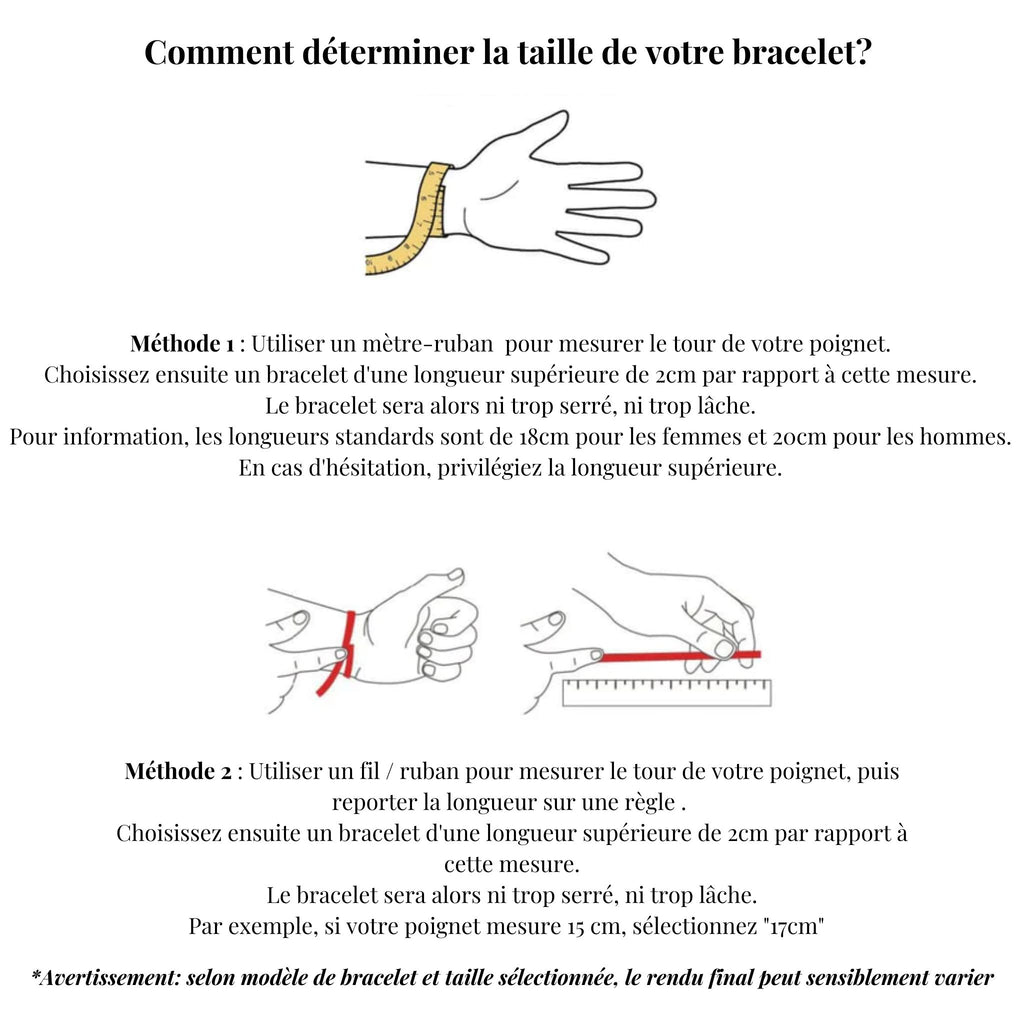Diseases of the Circulatory System
Are you looking for a stone to help you with a health problem? You are in the right place. For an alphabetical search of all pathologies: All pathologies
To search among Circulatory System Diseases , use the summary below:
Pericarditis | Cardiovascular diseases | Arrhythmia | High blood pressure | Tobacco cessation | Varicose veins | Hemorrhoids | Blood circulation | Anemia | Lymphatic systems | Poisoning | Tissue regeneration | Inflammation and edema | Heavy metals |Pericarditis
When the heart contracts, part of the pericardium secretes a fluid (the quantity of which varies between 30 and 50 ml), which acts as a lubricant. During inflammation of the pericardium, this fluid can increase and prevent heart contractions; we then speak of pericarditis.
Cardiovascular illnesses
Cardiovascular diseases include pathologies that affect the heart and all blood vessels, such as atherosclerosis, heart rhythm disorders, high blood pressure, myocardial infarction, heart failure or even strokes. .
Arrhythmia
What is arrhythmia? Typically, the heart beats between 60 and 80 times per minute. However, each person has their own normal heart rhythm: some hearts beat faster or slower than others. An arrhythmia is when there is an irregular heartbeat.
High blood pressure
High blood pressure (hypertension) corresponds to an abnormal increase in blood pressure on the walls of the arteries. In the majority of cases, high blood pressure is called “essential”: no known cause explains its appearance, but it is favored by risk factors.
Tobacco withdrawal
Stopping smoking can lead to many functional signs. “There may be fatigue, cough, constipation, a feeling of hunger, weight gain, irritability, an urge to smoke…”, lists the toxicologist.
Varicose veins
A varicose vein is an abnormal dilation of a vein. In the lower limbs, varicose veins are visible under the skin. Many hereditary or lifestyle factors favor them. Medical care prevents the occurrence of complications (rupture, thrombosis, dermatitis, etc.)
Hemorrhoids
Hemorrhoidal disease (commonly called hemorrhoids) can cause painful attacks when the hemorrhoidal veins around the anus become inflamed and excessively dilated. Constipation is the main cause because it leads to repeated pushing efforts to evacuate stools.
Blood circulation
Oxygen passes through the walls of these vessels to reach cells throughout the body. The blood, which is then delivered of its oxygen, returns to the heart via the network of veins: first the Venules, then increasingly larger veins.
Anemia
This may be due to: a lack of iron, vitamin B12 or vitamin B9, essential elements for the production of hemoglobin and red blood cells. It is the most common cause of anemia; a chronic inflammatory disease.
Lymphatic systems
A type of blood cell that helps the body fight infections and disease. White blood cells are made in bone marrow and are present in blood and lymphatic tissue.
Poisoning
Poisonings do not only occur when a toxic product is ingested but also in the event of inhalation of toxic vapors, injection or direct contact by absorption (the skin then absorbs the chemical substances from the product).
Tissue regeneration
Today, numerous studies have demonstrated the capacity of cells to regenerate in animals as well as in humans. Some scientists talk about cell rejuvenation. Autophagy, for example, is a state in which our cells can repair their “faulty parts” and recreate cellular components as good as new! We know that this state can be triggered by young people, even for a short time (16 hours) and favored by certain substances.
Inflammation and edema
Edema is an abnormal accumulation of fluid between tissues. Edema mainly concerns the skin or mucous membranes, where it produces swelling. It is localized and inflammatory: it is a defense reaction against an attack (insect bite).
Heavy metals
The following metals are affected: antimony (Sb), arsenic (As), cadmium (Cd), chromium (Cr), cobalt (Co), copper (Cu), tin (Sn), manganese (Mg), mercury (Hg) , nickel (Ni), lead (Pb), selenium (Se), tellurium (Te), thallium (Tl), vanadium (V) and zinc (Zn).
Caution
Lithotherapy should in no case be a substitute for prescribed medical treatment. It should only act to reinforce this treatment. Medical diagnosis is essential and any ongoing treatment must be continued.













